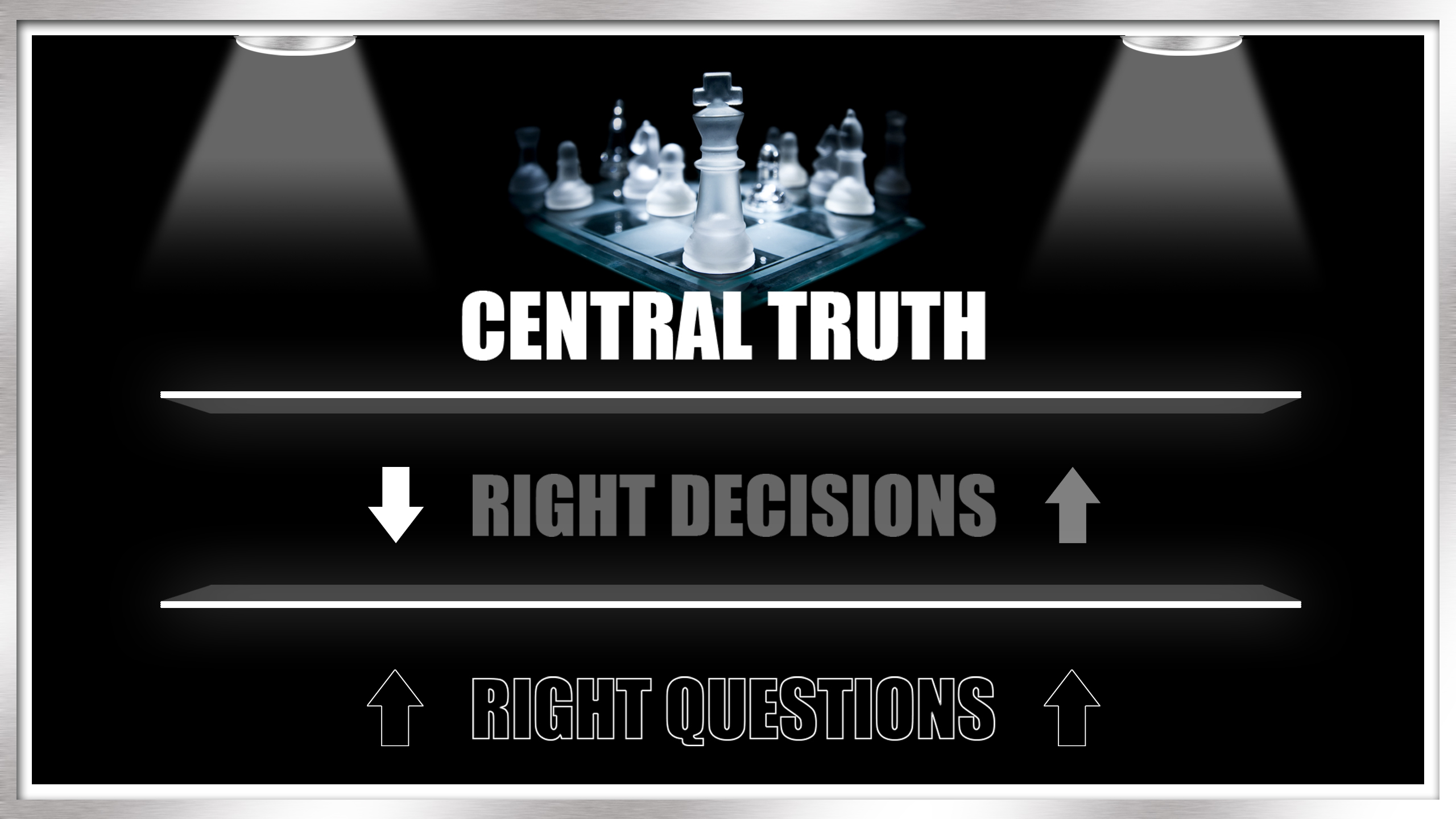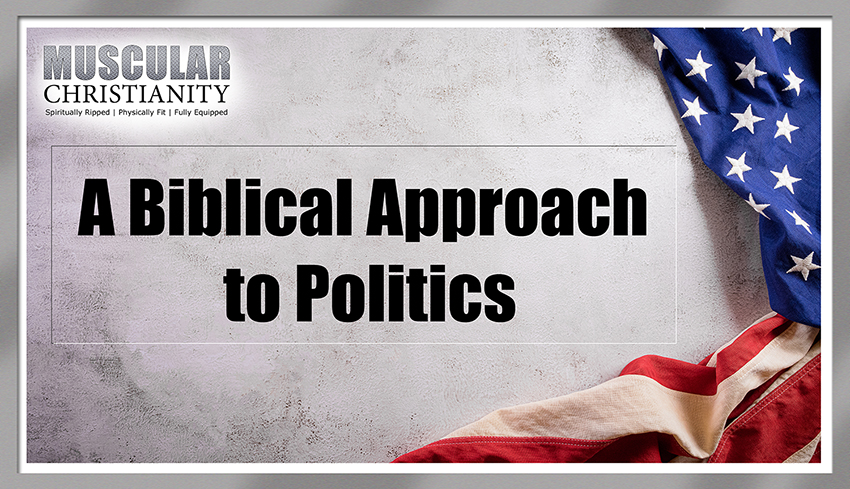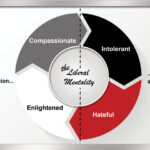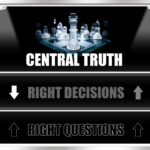The Central Truth | Part I
 I’m Done…
I’m Done…
Have you ever found yourself feeling a little exhausted, as far as trying to understand a particular issue that has no apparent bottom line?
Every viewpoint is championed by a passionate collection of advocates all of whom insist that their subject matter experts possess the real knowledge and the true reality. As you try to sort through the headlines and the soundbites, there’s also the occasional distraction of the popular personality that uses their cultural capital to make one specific perspective appear to be the only real, rational approach.
It’s chaotic.
Even with their flawless delivery coupled with the somber ultimatums articulated by the academics, the other side seems to have a credible platform and it becomes this incessant tension that has no satisfactory resolution.
And it becomes even more difficult when you encounter that person who labels any dissenting opinion as immoral and cruel. At that point, there’s not even a conversation and it becomes more about an individual’s supposed lack of character than the substance of their argument.
However convoluted the situation may appear to be, there is, however, a tool that you can use that brings a refreshing breeze of clarity to an arid desert of confusion.
It’s called, “The Central Truth.”
The Garden of Eden
Every issue has at its core a Central Truth which has to be prioritized in order for the right decisions to be made.
Anytime someone comes along and says, “I have a question,” or “There’s some other things that need to be considered,” – whatever questions or information they’re getting ready to throw into the mix will fall under one of two headings.
- They’re either reinforcing the Central Truth or…
- They’re intentionally engineered to distract from the Central Truth and make it look less significant and even irrelevant.
You can see this played out in the Garden of Eden.
The Central Truth in this instance is that Adam and Eve were not eat from the Tree of the Knowledge of Good and Evil.
The Lord God took the man and put him in the Garden of Eden to work it and take care of it. 16 And the Lord God commanded the man, “You are free to eat from any tree in the garden; 17 but you must not eat from the tree of the knowledge of good and evil, for when you eat from it you will certainly die.” (Gen 2:15-17)
Here comes Satan and the first question he asks Eve was whether or not they were prohibited to eat from any tree in the garden.
Now the serpent was more crafty than any of the wild animals the Lord God had made. He said to the woman, “Did God really say, ‘You must not eat from any tree in the garden’?” (Gen 3:1)
Satan knows what the Central Truth is. The correct question would’ve been “Did God really say, ‘You must not eat from the Tree of the Knowledge of Good and Evil’?” But he’s looking for a way to set things up where he can compel Adam and Eve to see God as Someone Who’s wanting to restrict them unnecessarily. So he poses a question that’s designed to cast doubt on, not only what was said, but also the Character of the One Who said it.
When Eve responds by clarifying what God actually commanded, Satan then makes an assertion saying that God’s motives should be more carefully evaluated because of the way He’s obviously denying her an opportunity to become more like Him.
Now God is no longer a Loving Authority as much as He’s an insecure tyrant that’s not only intimidated by what Adam and Eve could potentially become, but also antagonistic towards them because why else would He deny them the chance to be more than who they are?
Fear and Hate.
Sound familiar? We’ll get back to that later…
Principle and Not Just Passion
And so, having been convinced that Satan had a point, they ignored the Central Truth and made a decision based on a collection of information and assumptions that were all intended to divert the attention away from what was most important and instead focus on what amounted to be a toxic premise.
The Central Truth was to obey God.
Had that been maintained as the primary theme in the conversation, Eve would’ve been able to tell Satan that, regardless of his perspective on God’s motives, disobeying God was non-negotiable and being able to successfully navigate the exchange would’ve been much easier.
Regardless of what the issue is or how complicated the dilemma may appear to be, by identifying the Central Truth, you’re able to deploy a wise disregard for those things that constitute an attempt to minimize the importance and the priority of that which is absolutely crucial.
People will differ on what the Central Truth is. Some will even dispute whether or not there is such a thing as an Absolute.
But by steering the debate in the direction of what it is that needs to be accomplished, you’ve severely crippled the utility of whatever tactics might be used by those who have something to hide more than they have something to say. Even the way in which you can compromise yourself by allowing destructive distractions to cloud your thinking can be halted by recalling what it is that’s most important.
Now you’re conversing and concentrating in a way that’s characterized by principle and not just passion. The result is a streamlined yet substantial approach to being able to do the right thing in the right way at the right time for all the right reasons.
For this to work, however, you have to be able to define what “Truth” is.
We’re going to cover that in Part II…















Leave a Reply
Want to join the discussion?Feel free to contribute!